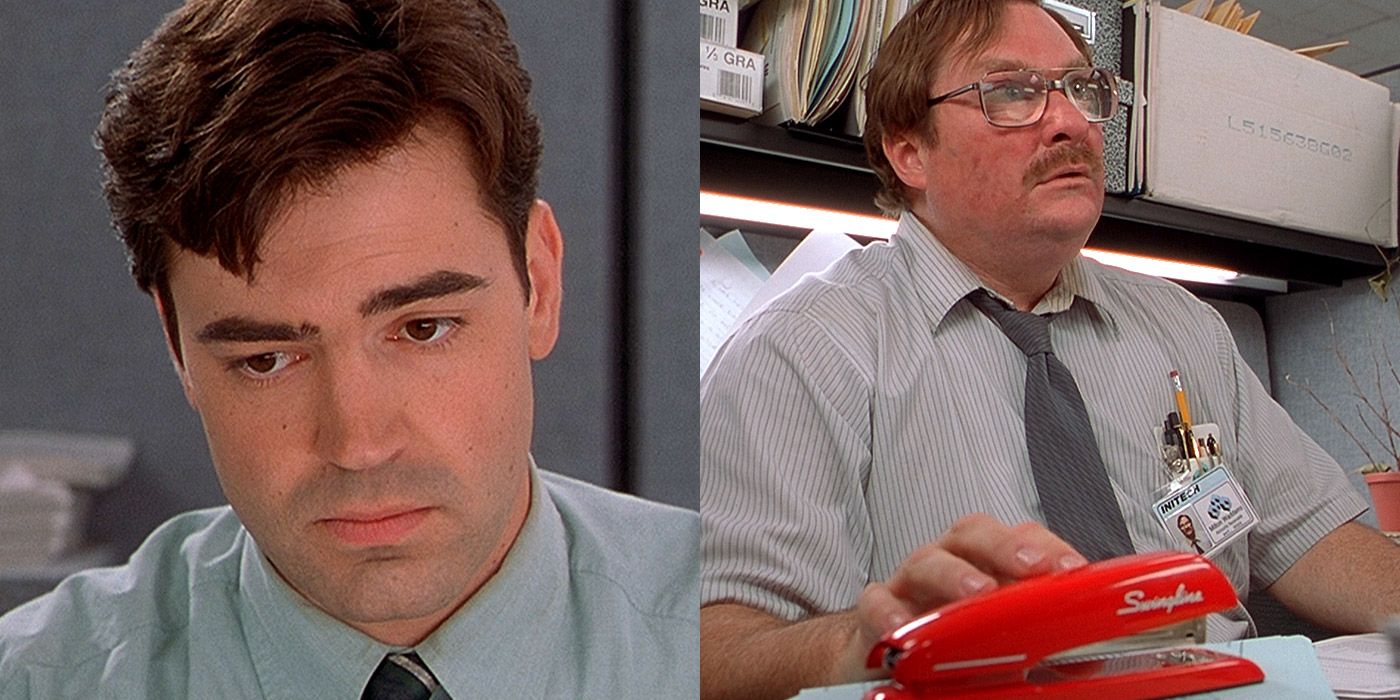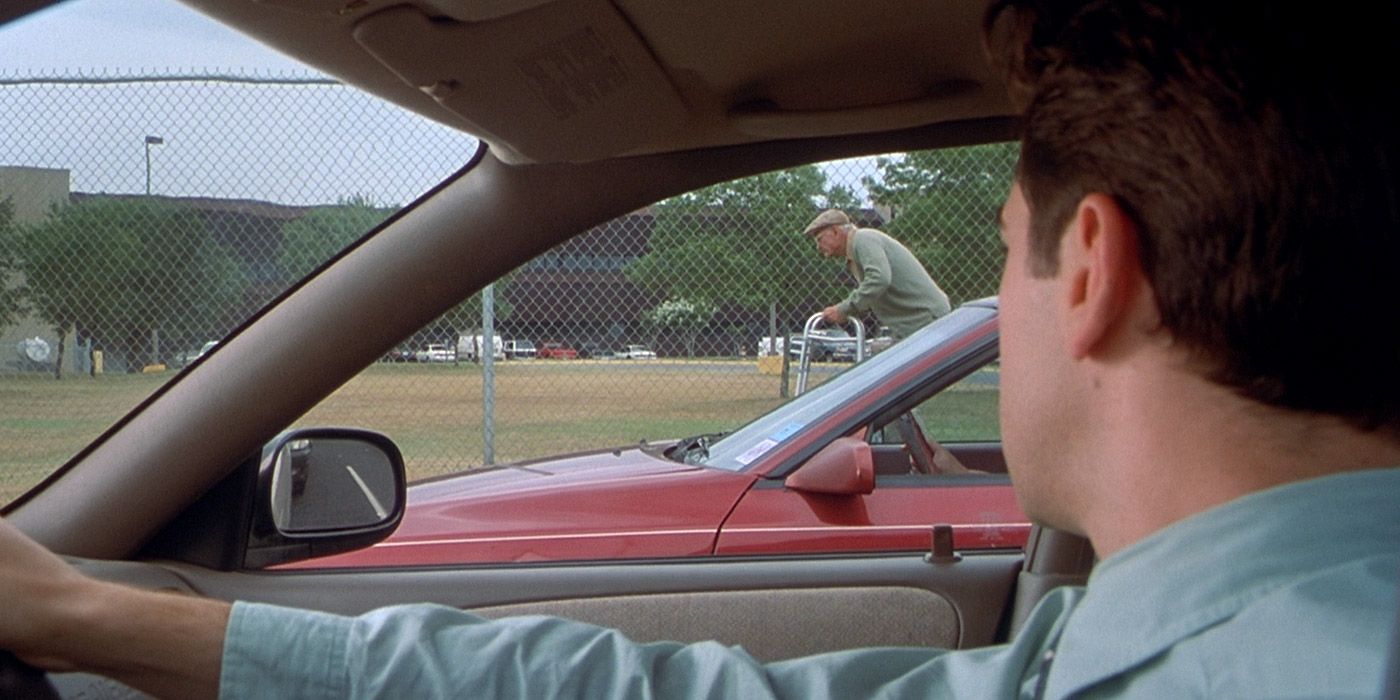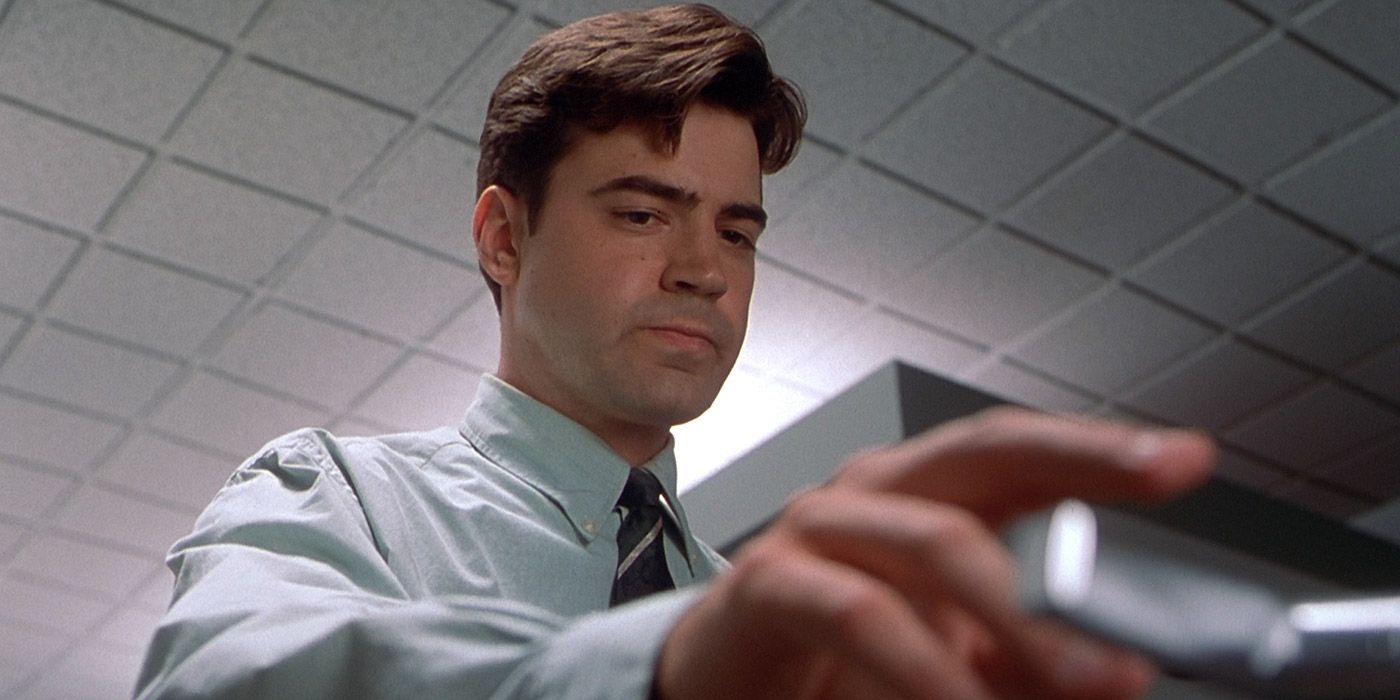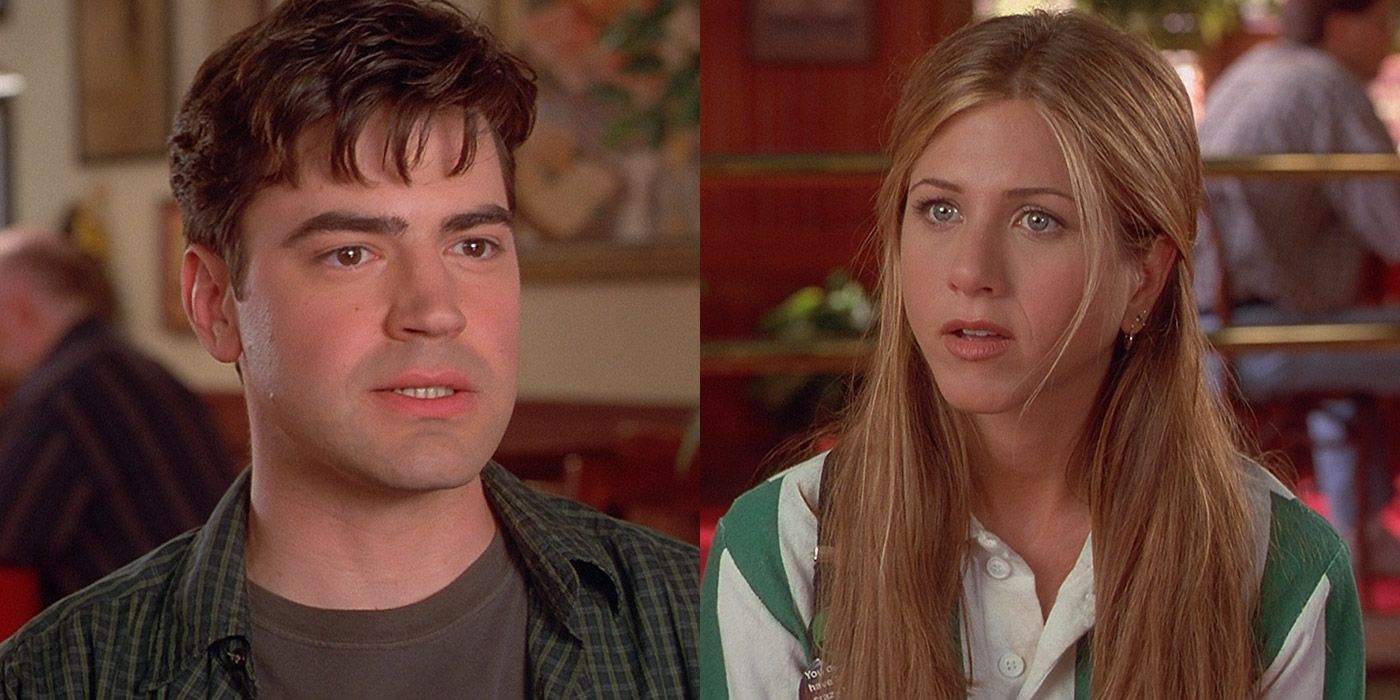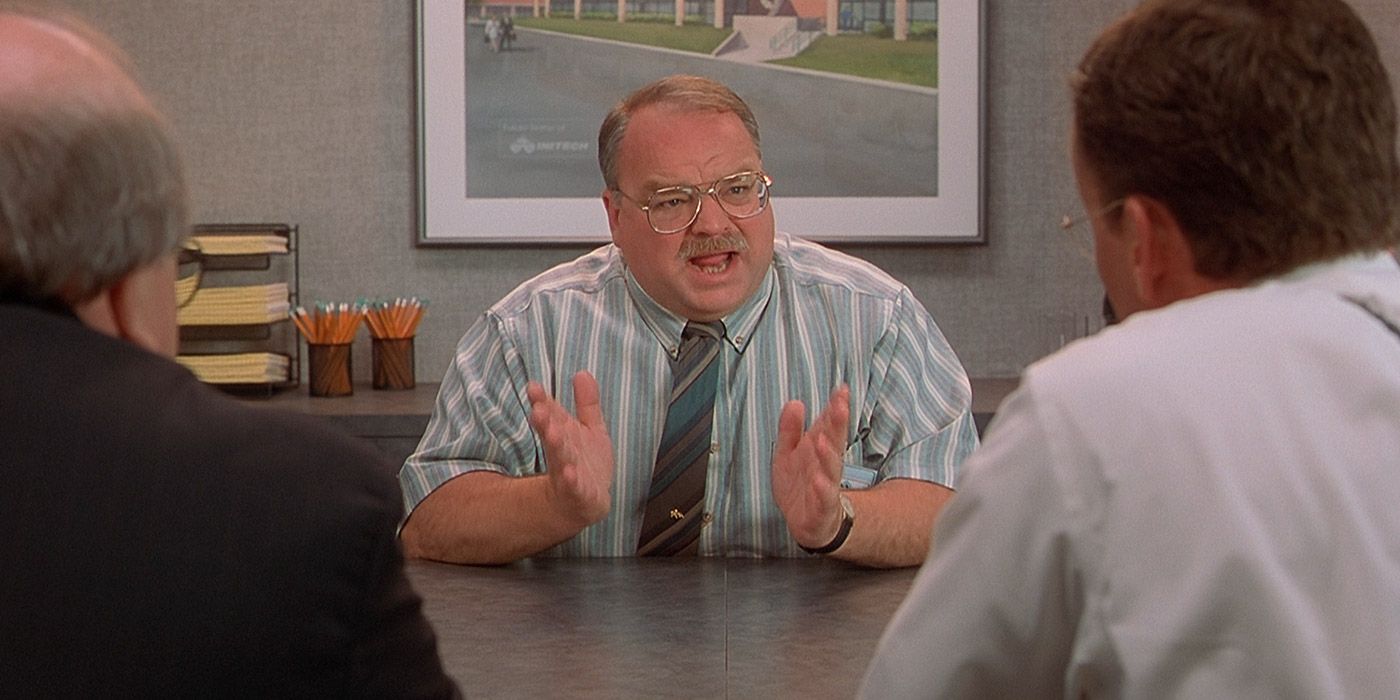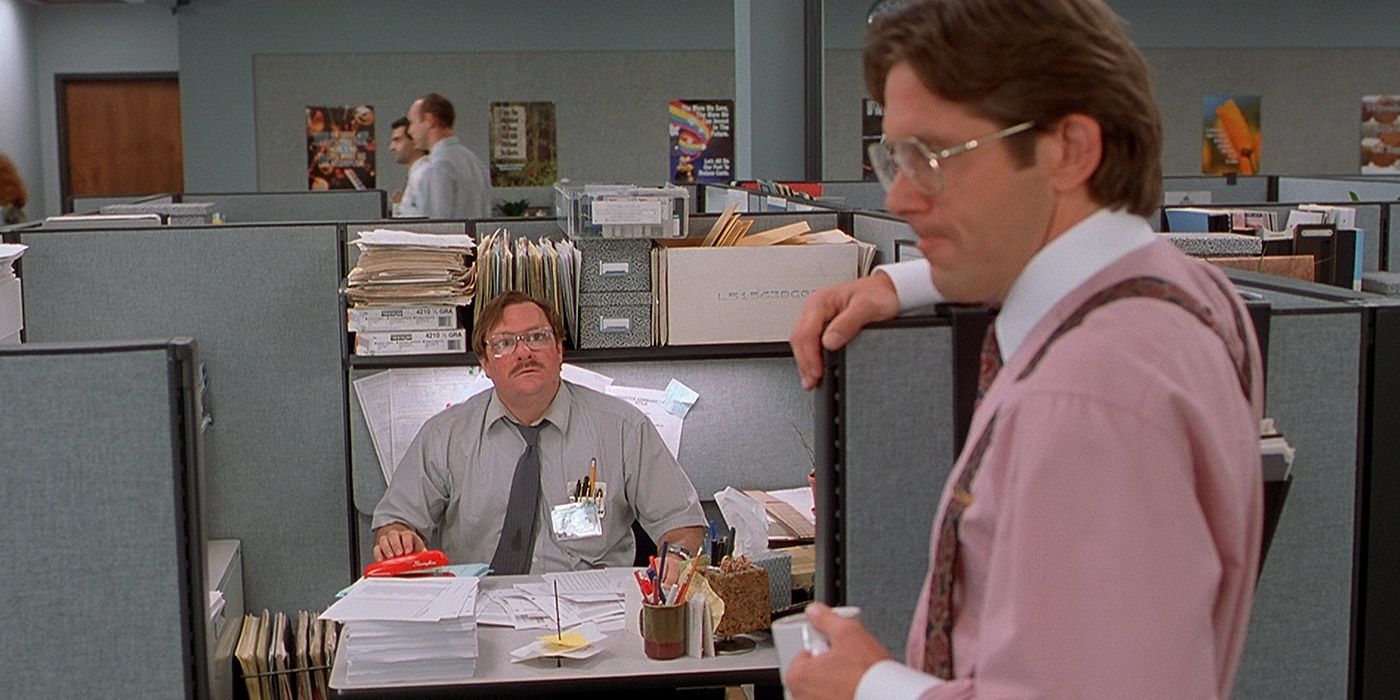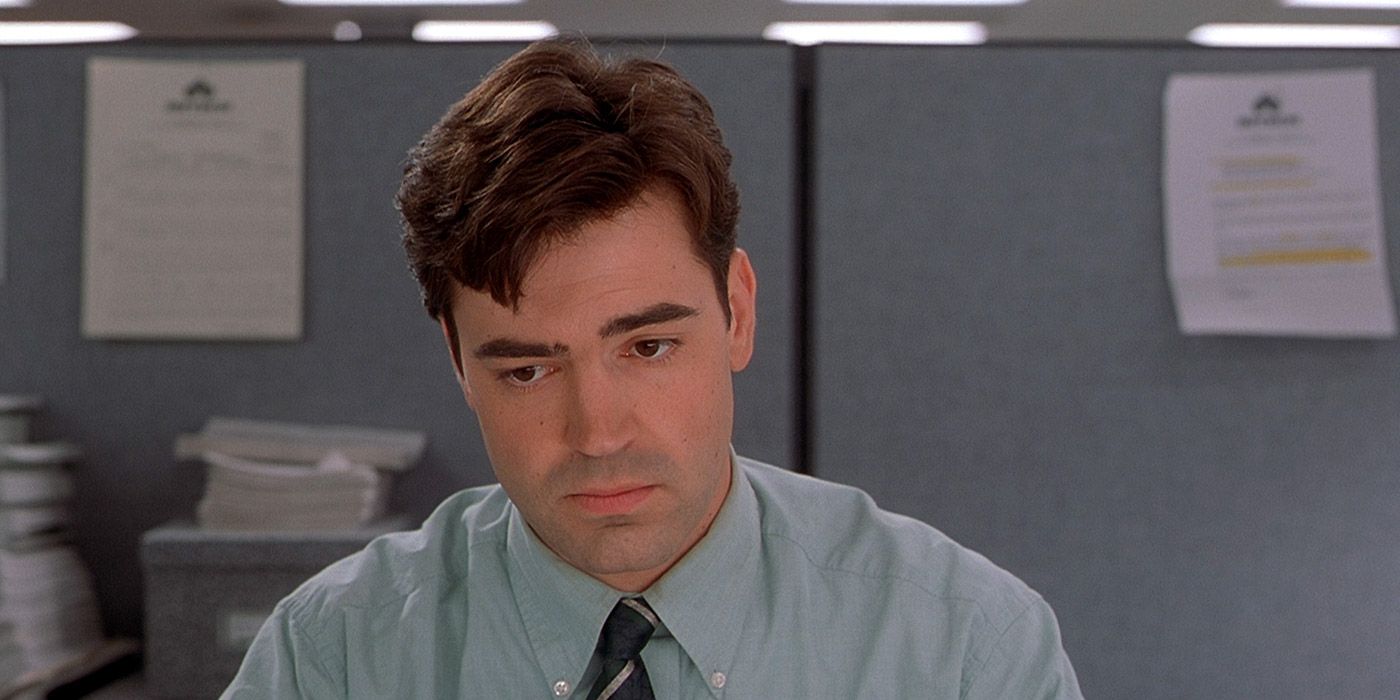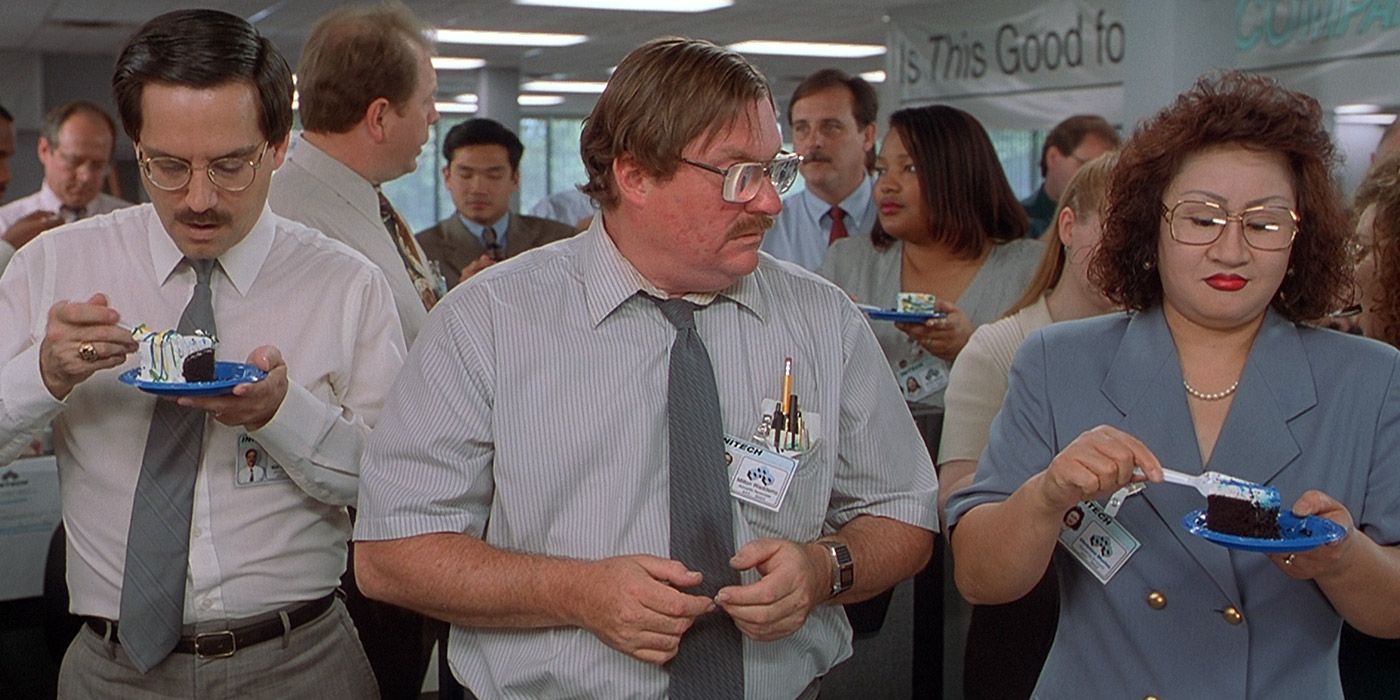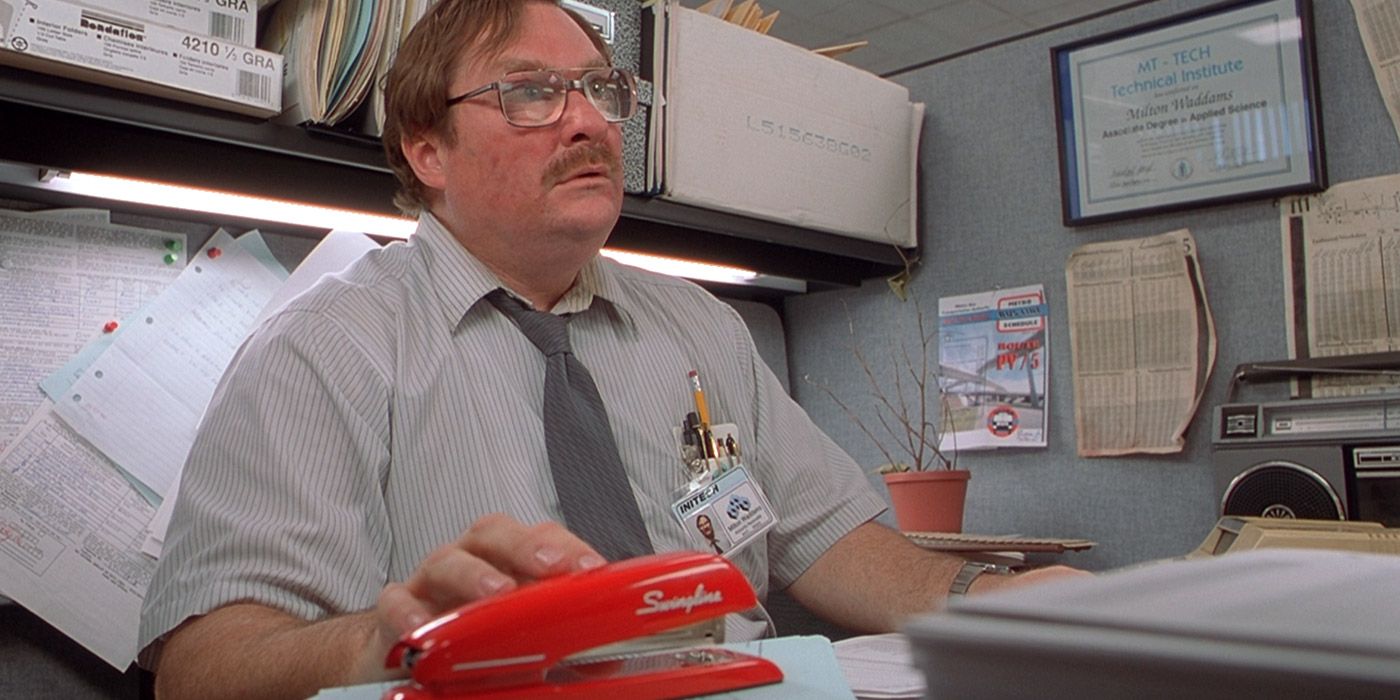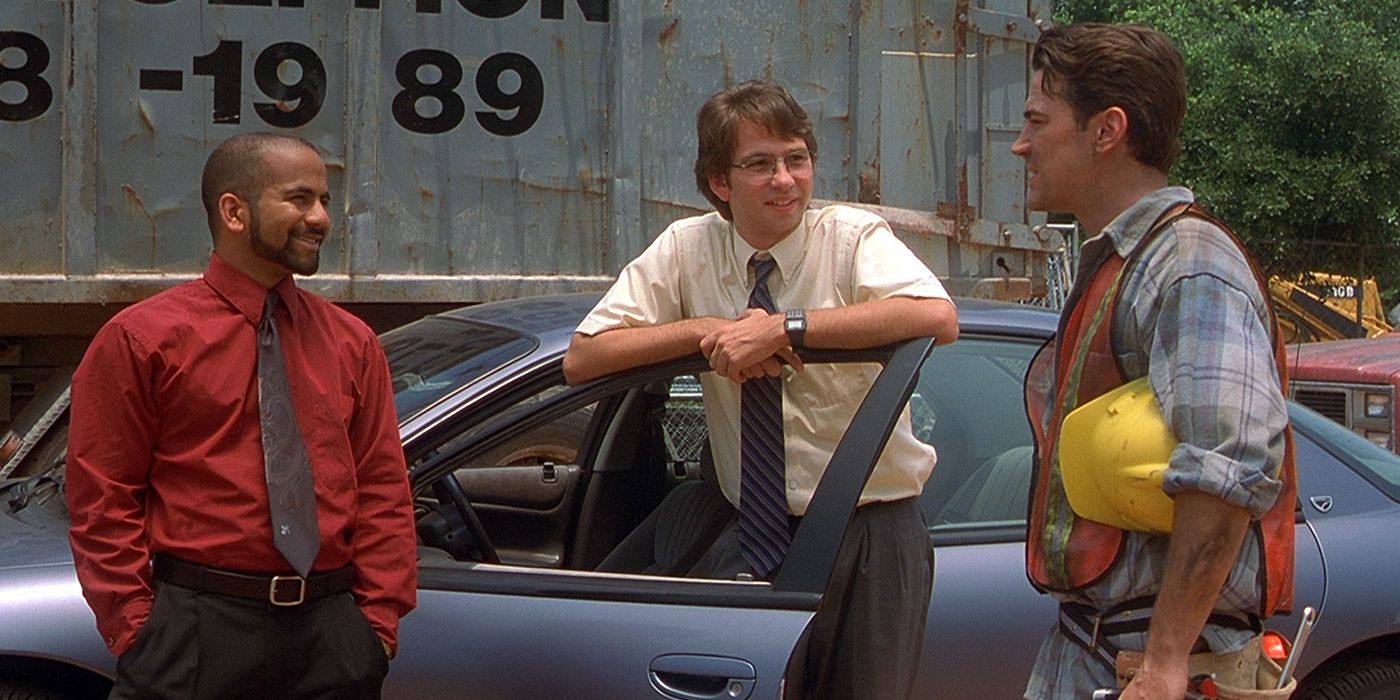It's hard to believe that Mike Judge's seminal comedy classic, Office Space, is over 20 years old at this point, but it's still as culturally relevant as ever. In fact, workers who have had to slug it out remotely from home during the pandemic have probably had time to realize just how grueling the traditional office environment can be on one's resolve.
There's more to the movie than bellyaching about the rat race, however. Office Space is a story about one man's willingness to let it all go -- to eek his way through his own career for the sake of taking back his identity. There are a few lessons that people from all walks of life can appreciate in this hilarious workplace-related comedy.
Don't Change Lanes
Anyone caught in big city rush hour traffic knows the drill. Unless they're willing to fire up route guidance apps on their smartphone or vehicle, many can expect to sit for hours in congested traffic, day in and day out. It's a torturous process that teases and provokes as drivers inch forward, only to lurch to a stop all over again.
The solution, of course, is to change to a faster-moving lane. That is until that lane suddenly slows down, whilst another picks up speed. It's almost as if the Gods are taunting the driver in jest to see how long it will take before they mount the shoulder, and risk getting nabbed by the police.
You Will Get A Shock
For some reason, some office environments tend to be compartmentalized static electricity bombs just waiting to go off. It's as if the entire place is hardwired with an electromagnetic field of tricks and traps, just waiting to ensnare hapless employees. How such an otherwise sterile environment can be so lit up is anyone's guess.
Office Space taught viewers that there is a 100 percent chance of getting a shock at some point throughout the workday. The main culprit, it seems, is the malevolent door handle. This simplistic lump of forged steel or aluminum houses a current of supercharged electricity designed to snap the fingers of anyone who dares attempt entry.
Kung Fu Movies Rock
When the stress of the office becomes too much, sometimes workers need to pull back and reflect on their lives. It's hard to organize thoughts when the head is full of jumbled wiring due to corporate mismanagement and incompetence. Only a select few things are capable of clearing the cobwebs out of the brain, including kung fu movies.
Yes, kung fu movies are wonderful. The plotlines are simple, the characters are heroic, and the bad guys are definitely bad. Sure, many in the audience lack the strength to beat so much as an egg, but minds can easily go from grasshopper to Sifu in short order.
Printers Were Never Great
Ahhh, the printer - for years, office workers have battled blown toner cartridges, smudges, and fuzzy, crooked copies of important documents, whilst regretfully contributing to deforestation around the globe. Where would the office be without this massive behemoth taking up space where a trendy coffee station could otherwise exist?
The truth is, printers are pretty awful, especially the kind used in corporate environments. They are prone to mechanical and software faults, require constant toner changes, and entire storage rooms need to be quartered off to house mountains of paper packs. In the internet age, these machines have largely been put out to pasture, or perhaps beaten to death with a baseball bat.
Downsizing Isn't Always Bad
The movie centers largely around the downsizing taking place at Initech, a corporation that didn't seem poised to join the cabal of powerhouse fictional corporations. While this practice is deemed largely evil, it's sometimes a necessary step in order to keep a business afloat, and operating efficiently. Throwing money at a problem in the form of redundant employees does no one any good.
The downsizing in Office Space isn't entirely negative. For instance, one of the most sympathetic characters, Tom Smykowski, is literally employed for no good reason, and when pressed on the matter, he struggles to come up with a rational explanation. Downsizing for profit? Bad. Downsizing for efficiency? That's something else.
Show Some Backbone
The number one mistake many office workers make is becoming a "yes man." They perform their tasks dutifully and with commitment, every single day, they don't question their authority figures, and they're more than willing to that extra mile (or two, or three) for the sake of their managers or boss.
While this attitude sounds like a pathway to success, it's actually the opposite. Milton learns this the hard way when his overbearing jerk of a boss Lumbergh keeps belittling and dismissing his concerns while piling on menial tasks that aren't even in his job description. He fails to gain any respect, and ends up being bullied as a result.
TPS Reports Are Crimes Against Humanity
It's good that the modern office is changing, because the old system is practically unworkable at this point. Employee retention is now viewed as a key component of many successful companies, which means that making them happy is a priority. In the old days (not so long ago), the reverse was true. Either put up or quit.
Office Space popularized the otherwise boring TPS report, a quality assurance document typically designed with the IEEE in mind. It's used largely as a torture device to frustrate low-level employees and drive them nuts with what is essentially tedious, superfluous paperwork. TPS reports probably serve a purpose, but to the average worker, they're one step closer to throwing in the towel.
Go For The Cake Early
It's worth a bet that many workers have been left with an empty plate at company parties since management saw fit to buy one cake for an office of 50 people. Yet, this ridiculous practice grifts ever onwards, creating resentment and animosity among the staff. After all, who wants to be the person left holding a fork, with nothing to show for it?
In the complicated world of corporate parties, it's everyone for themselves. Go for the cake and do it fast before there's nothing left. This goes double if Janet from accounting has a history of muscling in and securing a slice at every party she's ever attended. It's time she sacrificed so that another may feast.
Always Take Advantage Of Free Publicity
Office Space fans see a red stapler and an involuntary reflex kicks in. The Swingline 646 is so synonymous with the film that it has become a pop culture icon in the same way that the Ark of the Covenant was to Raiders of the Lost Ark. In fact, the film probably put Swingline back on the map, and gave it a massive corporate advantage.
Fans of the film demanded a red Swingline stapler in droves, and the company responded by pumping out an official red model to cope with the surge. What's so great about the Swingline stapler? Nobody really knows, but it's red, and apparently, it staples like a boss, because Milton definitely doesn't want to part with his.
Don't Sit On A Sequel
Office Space performed poorly when it was first released, and that was probably due to a lack of faith in a film about a bunch of guys complaining about their jobs. The insinuation is that people went to the movies to escape their daily lives, not be reminded of them. Unfortunately, they missed the fact that Office Space was satirical catharsis -- a soothing balm on a persistent wound.
In an interview with Film School Rejects, Mike Judge mentioned that he resisted the idea of doing a sequel or a TV series, which in hindsight, was a major mistake. Eventually, the British series The Office was adapted for American audiences and went on to become one of the most successful comedy series in the country. The lesson? Believe in your product.

